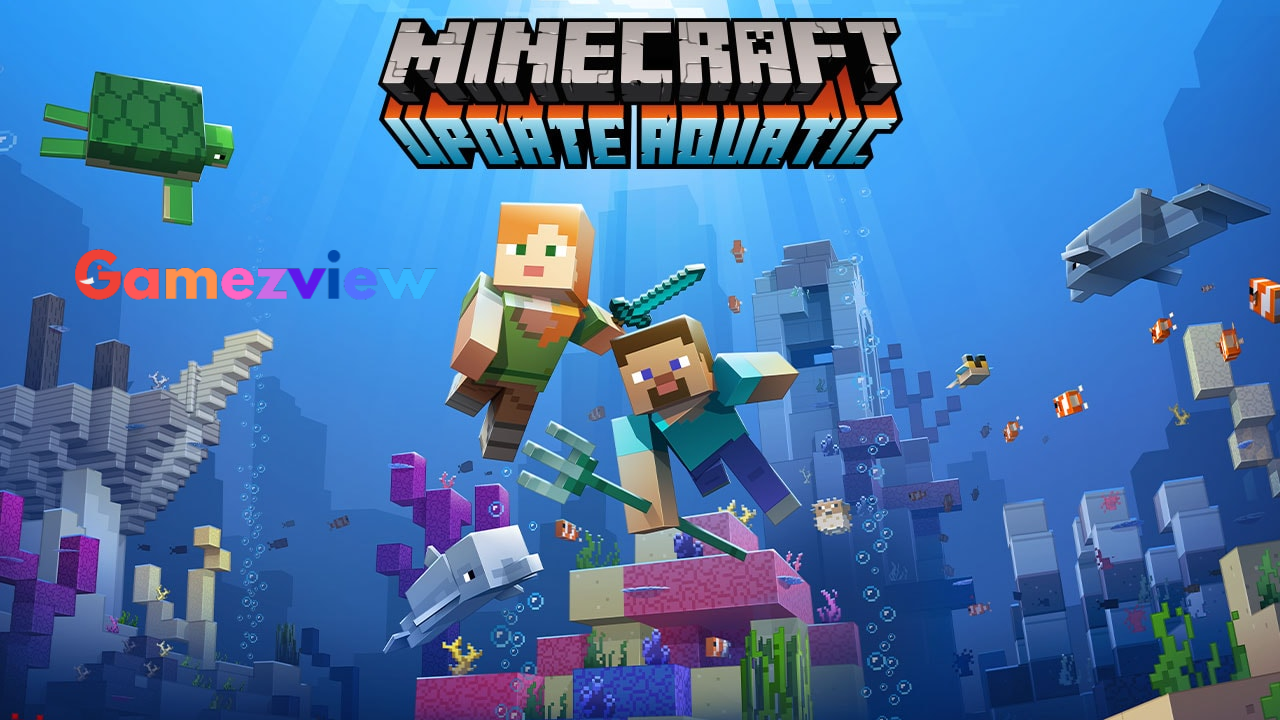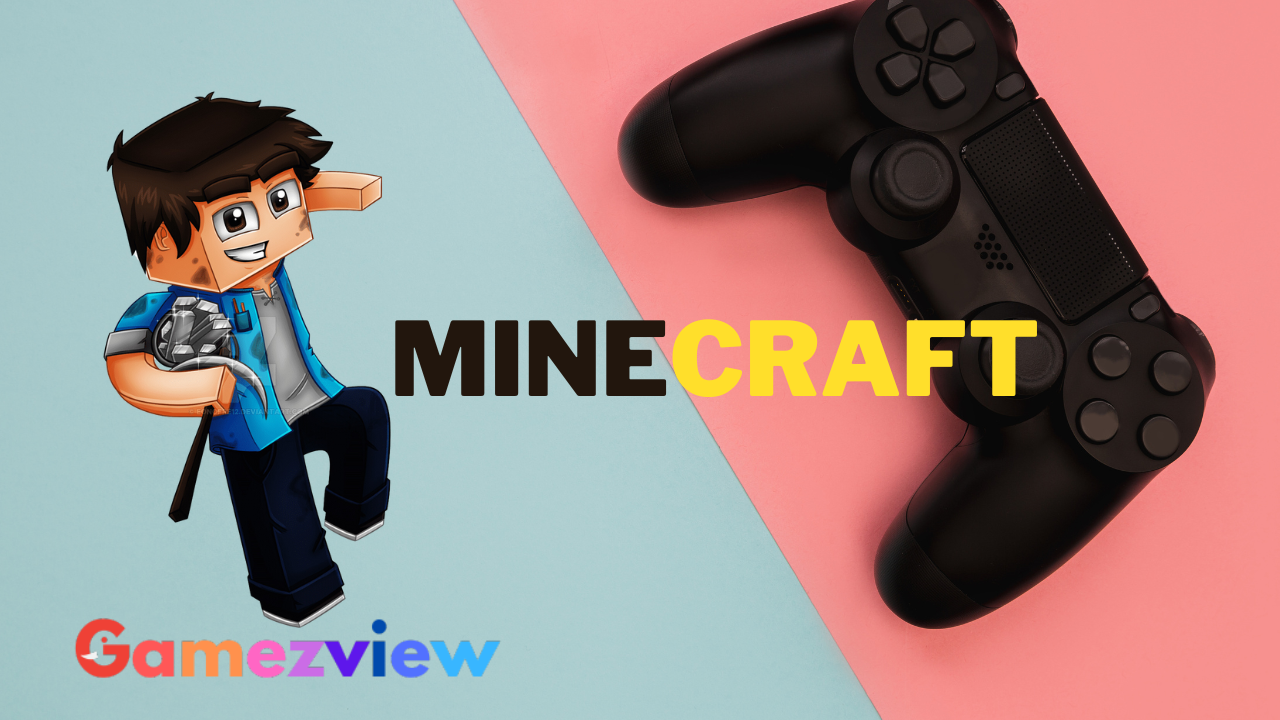Minecraft stands as one of the most influential and iconic games in the world of gaming. Its sandbox-style gameplay, which allows players to build and explore virtual worlds made of blocks, has captured the imagination of millions worldwide. Originally developed by Markus Persson and later acquired by Microsoft, Minecraft has grown into a cultural phenomenon since its release in 2011. Its simplistic yet endlessly creative gameplay has earned it a dedicated fanbase and numerous accolades.
Platforms for Playing Minecraft
Minecraft is available on various platforms, including consoles, mobile devices, and computers. However, for this article, we’ll focus specifically on the requirements for playing Minecraft on a personal computer (PC).

System Requirements for PC Gaming
Before diving into the world of Minecraft on PC, it’s crucial to ensure that your system meets the requirements for smooth gameplay. These requirements can be divided into minimum and recommended specifications.
Operating System Compatibility
Minecraft is compatible with different operating systems, including Windows, macOS, and Linux. However, it’s essential to verify the specific version compatibility to avoid any issues during installation or gameplay.
Processor Requirements
The processor, or CPU, is the brain of your computer and plays a vital role in running Minecraft smoothly. While the game can run on modest processors, having a more powerful CPU can enhance performance, especially during resource-intensive tasks like rendering complex worlds or running mods.
Graphics Card Specifications
A capable graphics card is essential for an enjoyable Minecraft experience, as it directly impacts the game’s visuals and performance. While Minecraft isn’t as demanding graphically compared to some AAA titles, having a dedicated GPU can significantly improve rendering speeds and graphical fidelity.

RAM Requirements
Random Access Memory (RAM) is another critical component for running Minecraft, particularly when dealing with large worlds or extensive mod installations. While the game can run on systems with as little as 2GB of RAM, it’s recommended to have at least 4GB for smoother gameplay. For optimal performance, 8GB or more is ideal.
Storage Space
Minecraft requires a certain amount of disk space for installation and storing game data. While the base game itself doesn’t take up much space, additional files, mods, and saved worlds can accumulate over time. Ensuring you have enough free space on your hard drive or SSD is essential for uninterrupted gameplay.
Internet Connection
While Minecraft can be played offline, an internet connection is necessary for certain features, such as multiplayer servers, updates, and accessing online resources. A stable and high-speed internet connection is recommended, especially for multiplayer gaming to avoid lag or connectivity issues.
Peripheral Devices
When playing Minecraft on a PC, having compatible input devices is crucial for a smooth gaming experience. Whether using a keyboard and mouse or a game controller, ensuring proper functionality and responsiveness is essential. Additionally, investing in accessories like gaming mice or keyboards can further enhance gameplay comfort and precision.
Software and Drivers
Keeping your system’s software and drivers up-to-date is essential for optimal performance and compatibility with Minecraft. This includes updating your operating system, graphics card drivers, and any other relevant software. Regularly checking for updates can help prevent issues and ensure a seamless gaming experience.

Mods and Customization
One of the unique aspects of Minecraft is its thriving modding community, which allows players to customize and enhance their gaming experience. However, installing mods can sometimes impact system performance, so it’s essential to consider your hardware capabilities when experimenting with mods and customizations.
Troubleshooting and Optimization
Despite its popularity, Minecraft isn’t immune to technical issues. From crashes to performance issues, troubleshooting can sometimes be necessary to ensure smooth gameplay. Learning how to diagnose and resolve common issues, as well as optimizing your system settings, can help minimize disruptions and maximize enjoyment.
Community Support and Resources
Fortunately, Minecraft boasts a vast and supportive community, with numerous online forums, websites, and social media groups dedicated to helping players troubleshoot issues, share tips and tricks, and discover new content. Leveraging these resources can be invaluable for overcoming challenges and connecting with fellow players.
Playing Minecraft on PC offers a limitless world of creativity and exploration, but ensuring your system meets the requirements is crucial for an optimal gaming experience. By paying attention to factors such as hardware specifications, software updates, and community resources, you can enjoy countless hours of block-building fun in the virtual realms of Minecraft.

